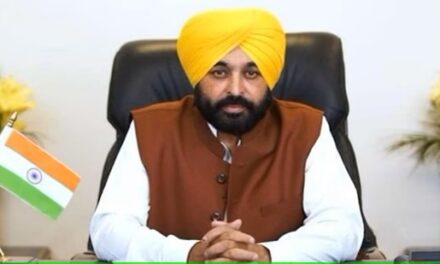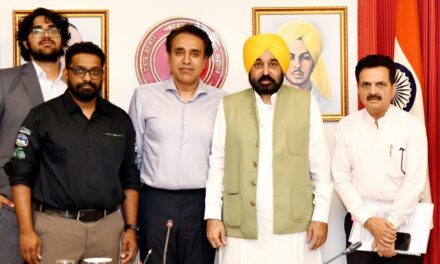In a poignant letter to Ernst & Young (EY) India, a grieving mother has alleged that her 26-year-old daughter, Anna Sebastian Perayil, died due to overwork just four months after joining the company’s Pune office. The letter, written by Anita Augustine, claims that despite her daughter’s tragic death, no one from the organization attended her funeral, leaving the family devastated.
The letter, addressed to EY India chairman Rajiv Memani, paints a heartbreaking picture of a young woman full of dreams who was pushed to the brink by a demanding and relentless work culture. Augustine urges the company to reflect on its practices, stating that her daughter’s death should serve as a wake-up call for change.
Joining EY with High Hopes
Anna, a top performer in school and college, passed her Chartered Accountancy (CA) exams in November 2023. She was thrilled to join EY in March 2024 as her first job. However, her mother recalls that Anna’s excitement quickly turned into stress as she struggled to cope with the excessive workload.
Ms. Augustine wrote, “She was full of life, dreams, and excitement for the future. EY was her first job, and she was thrilled to be part of such a prestigious company. But just four months later, on July 20, 2024, my world collapsed when I received the devastating news that Anna had passed away. She was only 26.”
The Overwork Begins
According to the letter, Anna was placed in a team at EY Pune that had seen many employees resign due to excessive workloads. Her manager reportedly encouraged her to stay on to help improve the team’s reputation.
“She worked tirelessly at EY, giving her all to meet the demands placed on her,” her mother wrote. However, the stress of long hours, the pressure to meet deadlines, and the weight of new responsibilities began to take a toll on her physically, mentally, and emotionally. Anna started experiencing anxiety, sleeplessness, and chest constriction shortly after joining the company.
Last Days with Family
Ms. Augustine recounted that she and her husband visited Anna in Pune for her Chartered Accountancy convocation in early July. Anna had been complaining of chest tightness, and though a hospital visit showed no major issues, she was prescribed antacids. Despite her discomfort, Anna insisted on going to work right after her doctor’s appointment, citing too much work to be done.
The day of her convocation, a dream she had long cherished, was overshadowed by work. Even on the morning of the event, she worked from home, unable to fully enjoy her accomplishment with her family.
“Though we had come all the way from Kochi, she couldn’t enjoy those last two days we spent with her because of the work pressure,” her mother wrote, emphasizing how deeply the work environment had affected Anna.
The Impact of Toxic Work Culture
The letter describes how Anna worked late nights, including weekends, with tasks often assigned verbally and beyond her official duties. When she voiced concerns, she was met with indifference and told, “You can work at night; that’s what we all do.”
Her assistant manager once called her with an urgent task late at night, leaving her with little time to rest. Overwhelmed by pressure, Anna collapsed on her bed, often without changing her clothes, only to wake up to more demands.
Despite her family’s advice to quit, Anna pushed on, determined to succeed. But the mounting stress ultimately proved too much for her. Her mother expressed regret, saying, “I wish I had been able to protect her, to tell her that her health and well-being mattered more than anything else.”
A Call for Change
In her letter, Ms. Augustine highlighted what she called a systemic issue within EY. She appealed to the company’s leadership to re-evaluate its work culture, particularly for newcomers like Anna, who are eager to prove themselves and may not have the experience to set boundaries.
“Anna’s death should serve as a wake-up call for EY. It is time to reflect on the work culture within your organization and take meaningful steps to prioritize the health and wellness of your employees,” she urged.
Ms. Augustine also expressed disappointment that no one from EY attended her daughter’s funeral, which she saw as a further sign of the company’s lack of empathy. Despite reaching out to Anna’s managers after the funeral, the family received no response.
EY’s Response
In a statement, EY India expressed deep sadness over Anna’s untimely passing and extended condolences to the family. The company described her death as an “irreparable loss” and said it had offered support to the family during this difficult time.
“We are taking the family’s correspondence with the utmost seriousness and humility,” the company said. “We place the highest importance on the well-being of all employees and will continue to find ways to improve and provide a healthy workplace.”
While the company’s statement reaffirmed its commitment to employee welfare, Anna’s mother’s letter has sparked a larger conversation about the demanding work culture in large corporations, especially for young professionals just starting their careers.




